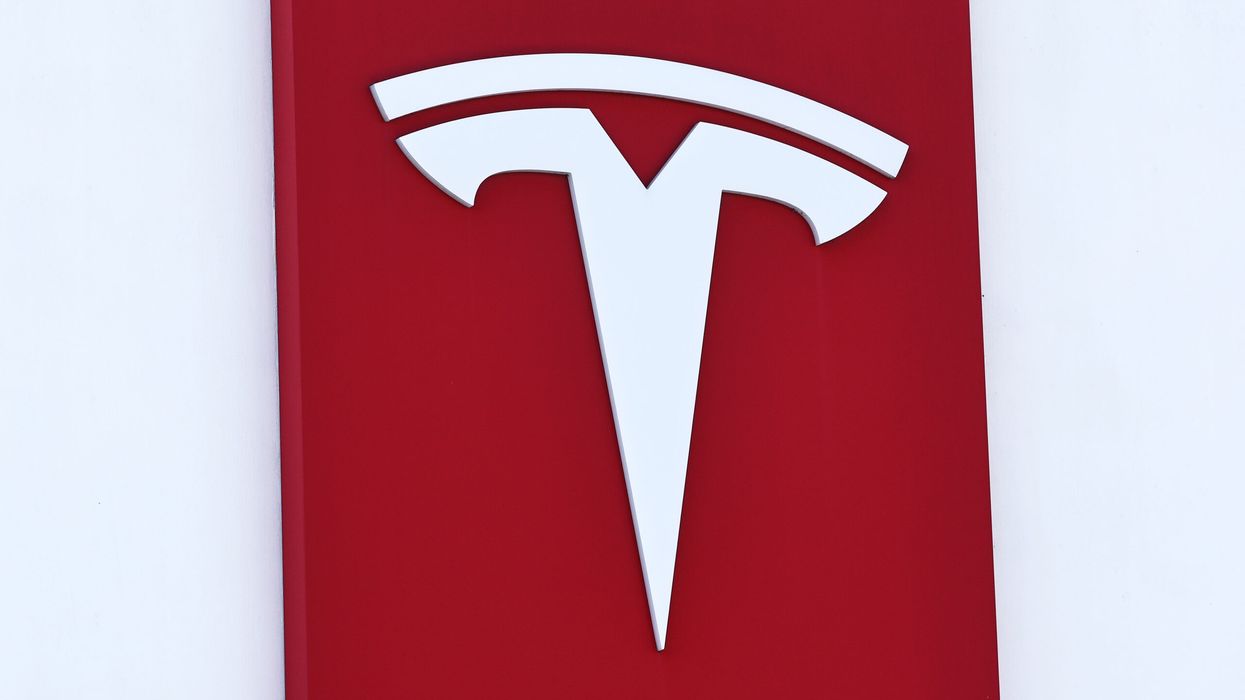Ahead of his meeting with Prime Minister Narendra Modi, Elon Musk's Tesla has struck a deal with Tata Electronics to acquire semiconductor chips for its global operations.
The Economic Times newspaper, citing sources, reported that the strategic deal between Tesla and Tata Electronics was executed discreetly a few months ago.
This news comes days after a report said that Tesla will send a team from the United States to India to study sites for a proposed $2 billion to $3 billion (£2.4bn) electric car plant in the country.
Less than a week after that report, company CEO Musk has confirmed that he is coming to the country. “Looking forward to meeting with Prime Minister Narendra Modi in India!” Musk wrote on X.
This deal with Tesla also positions Tata Electronics as a dependable supplier for prominent global clients aiming to establish a crucial segment of their semiconductor value chain in India, The Economic Times report said.
Details regarding the value of the sourcing deal between Tesla and Tata Electronics, along with other specifics, remain undisclosed. Neither Tesla nor Tata Electronics, the head of the Tata group's semiconductor manufacturing initiative, offered any comments, the report said.
According to sources familiar with the matter, Tata Electronics has made substantial investments in indigenous technology development across these platforms and has assembled a team with over 1,000 years of combined global domain expertise to lead the project, reported the newspaper.
Ashok Chandak, the president of the India Electronics and Semiconductor Association (IESA), said that Tesla's efforts to establish a local supplier ecosystem for electronics and subsystems indicate its commitment to diversifying its supply chain, reported The Times of India.
Musk will meet Modi tentatively on April 22 in New Delhi and is expected to disclose details about Tesla’s plans for India during his visit, reported ANI. However, the final agenda for Musk’s trip to India is yet to be confirmed.
The Financial Times had earlier reported that Tesla would send a team to study sites for a proposed electric car plant in the country, focusing on states with existing automotive hubs, including Maharashtra and Gujarat in the west and Tamil Nadu in the south.
The company’s reported push into India comes at a time when electric vehicle (EV) demand is slowing in its main markets of the US and China while competition there is heating up, reported Reuters.
India last month lowered import taxes on certain EVs produced by automakers that commit to invest at least $500 million and start domestic manufacturing within three years, reported Reuters.
According to Fortune Business Insights, the Indian electric vehicle market is projected to grow significantly, with estimates suggesting a compound annual growth rate (CAGR) of 66.52% from 2022 to 2029.
Earlier this year in January, Vietnamese electric vehicle (EV) maker VinFast signed an agreement to set up its first manufacturing facilities in India.





